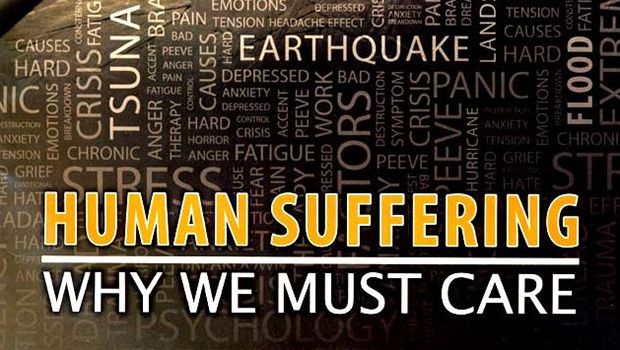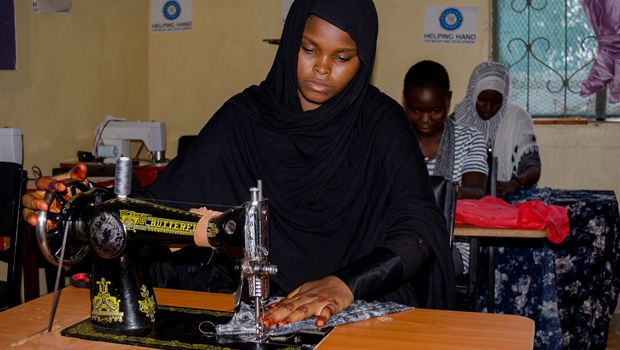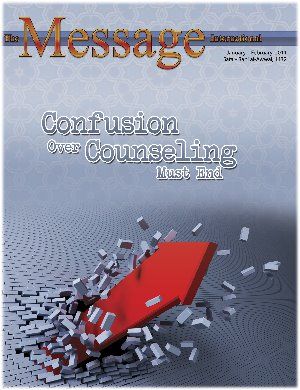We all know very well that human life is ever vulnerable and unpredictable, and none is immune from this uncertainty. It’s also a fact of life that whatever misfortune—be it poverty, calamity, hunger, illness, or any kind of helplessness—that befalls people in this world is not always manmade or the result of their own deeds or misdeed(s). People can face misfortunes for varying reasons. Even when someone faces an unfortunate situation due to his or her own mistakes, it doesn’t justify that others would turn a blind eye to that person’s suffering. The reason for this is that when someone suffers from any calamity, it’s a test from God, not just for that individual, but it could very well be a bigger test for others—especially for those who are capable of alleviating the suffering of the afflicted person.
In numerous places in the Quran, Allah (swt) has reminded us about our responsibility toward the less fortunate people: In Surah al Ma’un, Allah (swt) declares that harshness to the orphan and neglect of the poor are signs of disbelief and denial of the Day of Judgment. In Surah al Muddathir, one of the earliest revelations of the Quran, a moving scene from the Day of Judgment has been presented: The righteous people in their Heavenly Gardens ask the disbelievers and liars whom the fires of Hell encompass what were the reasons for the latter’s punishment. Among the reasons, they will be told, were neglecting the rights of the poor, letting these hapless people be afflicted by hunger, lack of clothing and suffering, and turning faces away from this suffering humanity. In Surah al Fajr, Allah (swt) calls the people of ignorance who claim to have a religion that brings them close to Allah: “No indeed! You do not treat the orphans with respect nor do you urge one another the feeding of the poor, and you devour the whole of inheritance greedily, and you love the wealth with all your hearts” (Al-Quran, 89:17-20).
When someone suffers from any calamity, it’s a test from God not only for that individual, but also for others who are capable of alleviating the suffering of the afflicted person
What these verses of the Quran inform us is that at the core of Islamic teaching is empathy and compassion towards those who are less fortunate. Piety and charity are actually two defining characteristics of an Islamic personality. While they are mentioned separately, they are not isolated from each other, but closely linked. More importantly, piety or righteousness, according to Islam, cannot be attained by ignoring charity: “You cannot attain to righteousness unless you spend (in charity) out of what you love” (Al-Quran, 3:92). In a Hadith Qudsi, the Prophet (pbuh) warned his followers that Allah (swt) will make people accountable for the suffering of the poor, unclothed, destitute, and the sick, especially if the former remain indifferent to the situation of the latter.
According to another Hadith, the Prophet (pbuh) said, “The one who removes the suffering of a believer from the sufferings of this world, Allah will relieve him from his sufferings on the Day of Resurrection. And the one who paves way for someone who is insolvent, Allah will make things easy for him in the Hereafter…..” (Muslim: Hadith no. 38/2699).
Indeed, the moral edifice of Islam is based upon two things: i) “Haququllah” (the rights of God) and ii) “Haququl Ibad” (the rights of God’s creation). The foremost Right of Allah (swt) upon His servants is that they will not worship anyone or anything but Allah (swt) who is their Creator, Master, and Sustainer. While elaborating the second point, Imam Ibn Rajab has said, “Human beings are obligated to give thanks to Allah every single day for His blessings on them by performing acts of virtue and charity on a daily basis. Among such acts that we ought to perform are those deeds or actions whose benefits extend to others. These include all acts of benevolence and compassion, helping those in distress or need, treating others compassionately, rendering acts of kindness towards them, protecting them against harm or injury, as well as any act of kindness towards each and every creature of God.” The Islamic guidance thus encourages Muslims to help people in need, be they good or bad, on the right path or not, Muslims or non-Muslims. It implies, apart from the removal of handicaps, the recognition of the right that every human being has to attain the fullness of life.
We must reflect upon this guidance and develop a culture of compassion, mercy, fellow-feeling, love, and solidarity in our midst. Should we do this, we would be able to free our society from the shackle of greed, miserliness, hunger, helplessness, sorrow, and suffering. There is no denying that every conscientious mind envisions and longs for such a society.





